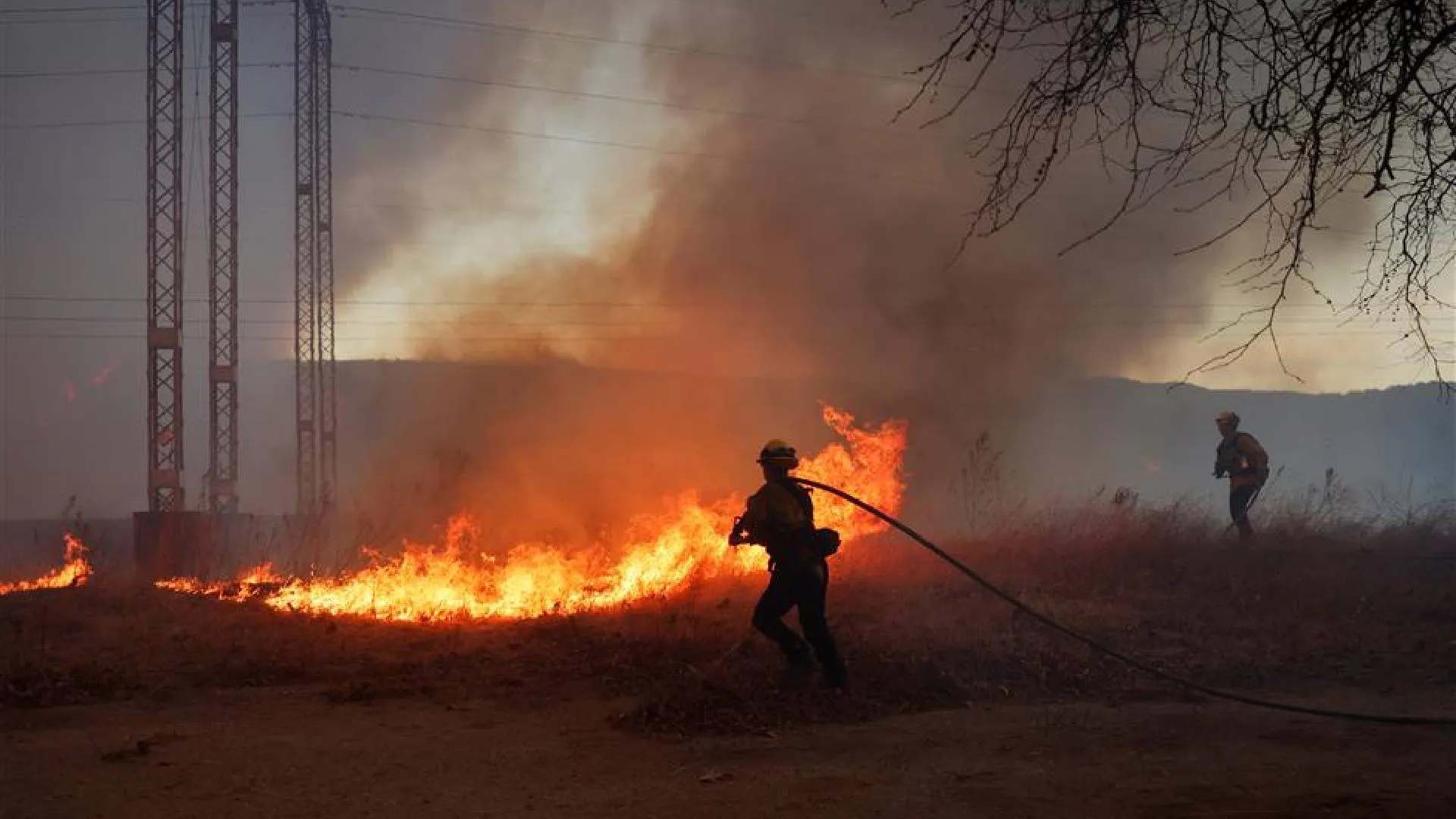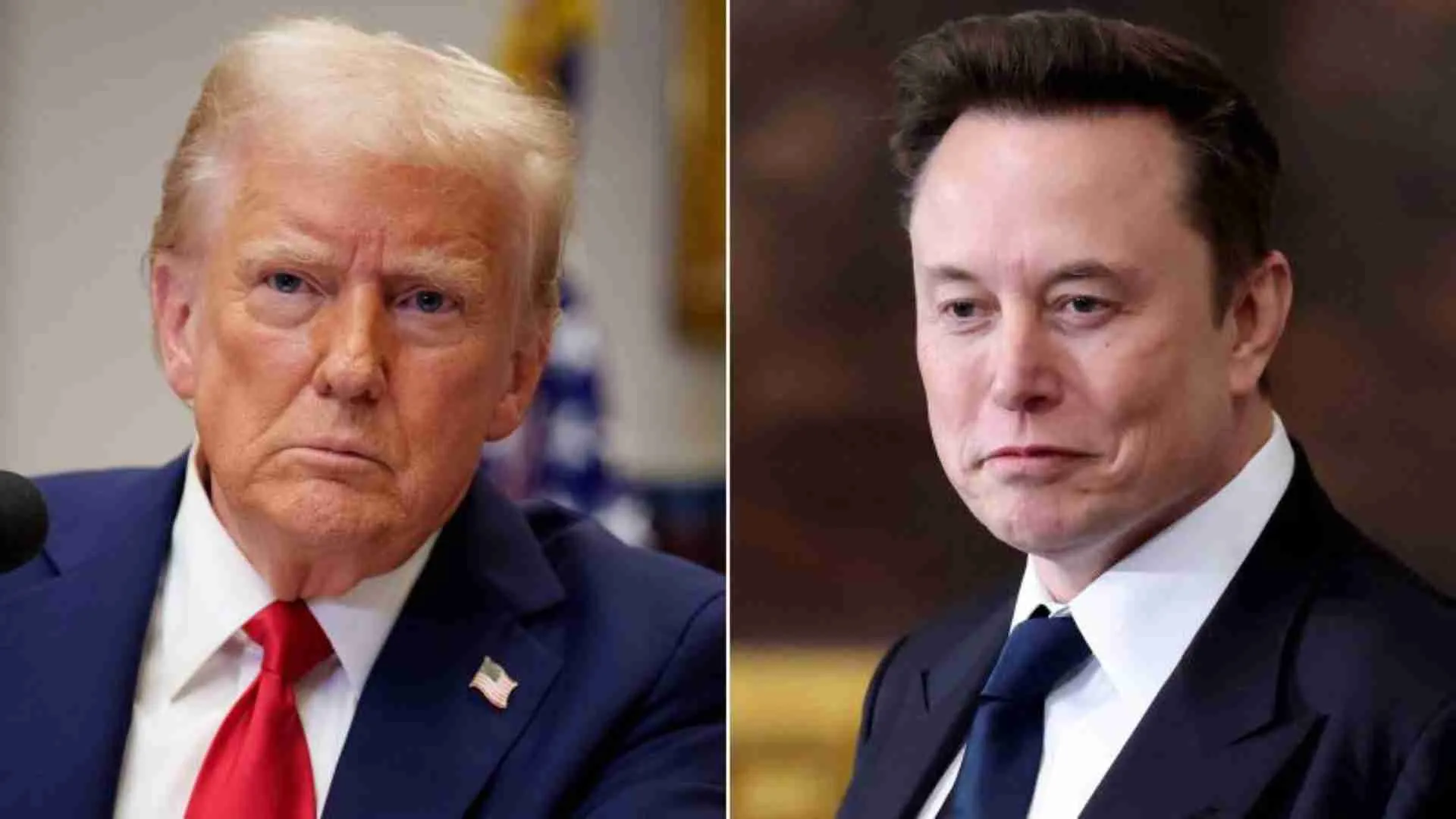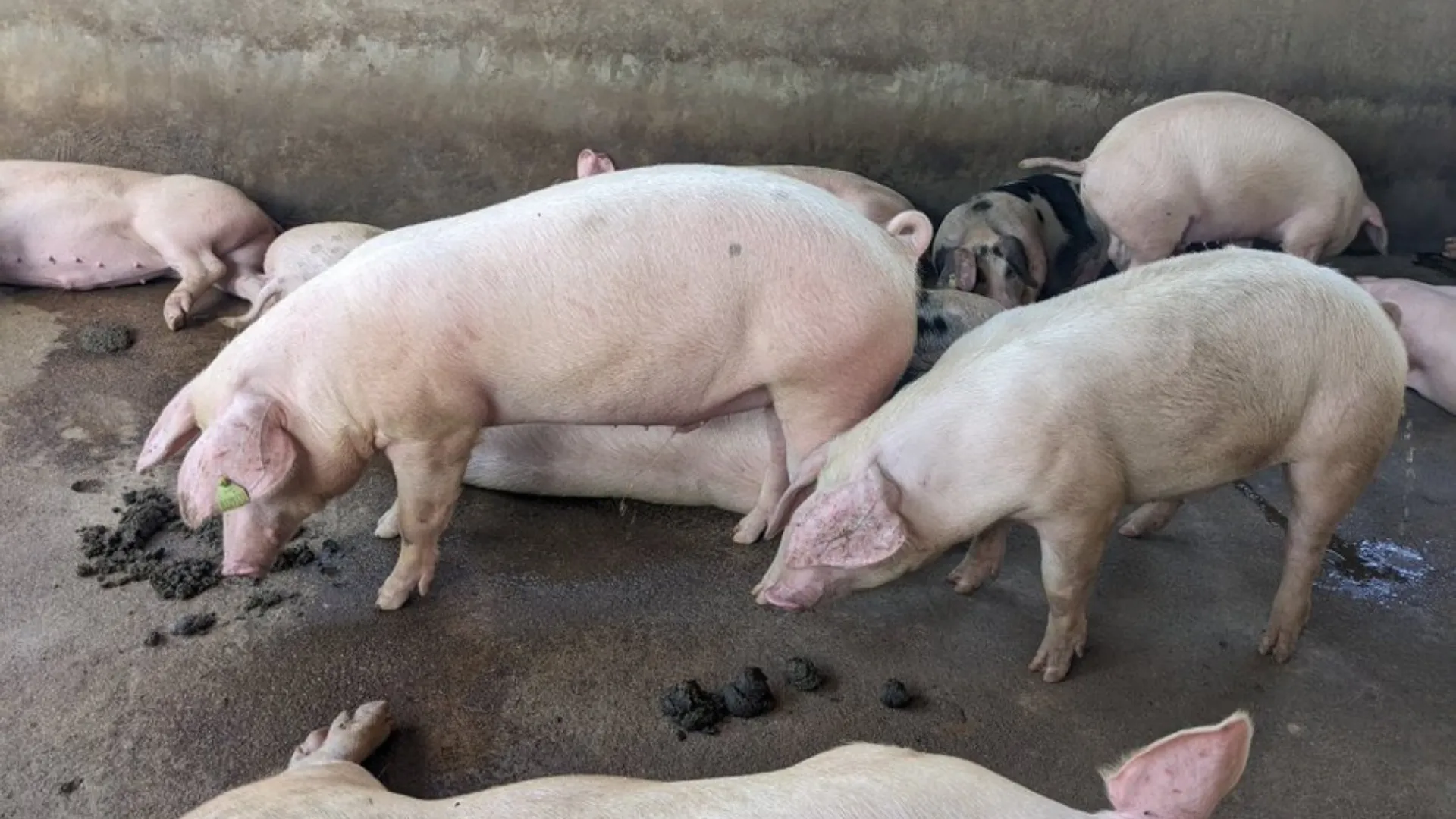As per the Delhi Municipal Corporation Act, the Municipal House must meet within a month of the conclusion of the civic polls and elect a mayor. The Delhi municipal elections were held on 4th December 2022 and the results were declared on 7th December. However, since then, there were three attempts to elect a mayor, all of which failed due to the growing dispute between the AAP and the BJP regarding the voting rights of nominated members of the civic body. The AAP, which has a majority with 134 out of 250 elected members, alleged that the BJP is trying to steal its mandate by giving voting rights to the nominated members. The BJP won 104 wards in the municipal elections in December last year. The three attempts to elect a mayor on 6th January, 24th January, and 6th February all failed due to disagreements between the parties, protests, and political bickering between the AAP and the BJP. As per the Delhi Municipal Corporation Act, the tenure of a mayor lasts for one year, and the act mandates that for the first year of a party’s tenure, it must elect a woman for the post of mayor, and for the third year, it must elect a member of a Scheduled Caste (SC) from its councillors. The last mayor of a unified MCD was in 2011.
In the process of electing a mayor, the leading party in the MCD elections nominates a candidate and if other parties also nominate a candidate, a voting process takes place. Elected councillors along with 14 members of the Delhi Legislative Assembly and ten Members of Parliament (MPs) from Delhi’s Lok Sabha and Rajya Sabha are eligible to participate in the voting. While the Delhi Municipal Corporation Act clearly states that nominated members (or aldermen), cannot vote in House meetings, the BJP had ten people nominated as alderman by Lieutenant Governor V.K. Saxena and claimed that they had the right to vote in the mayoral election. The move was strongly objected to by the AAP, leading to clashes between the two parties on 6 January.
















